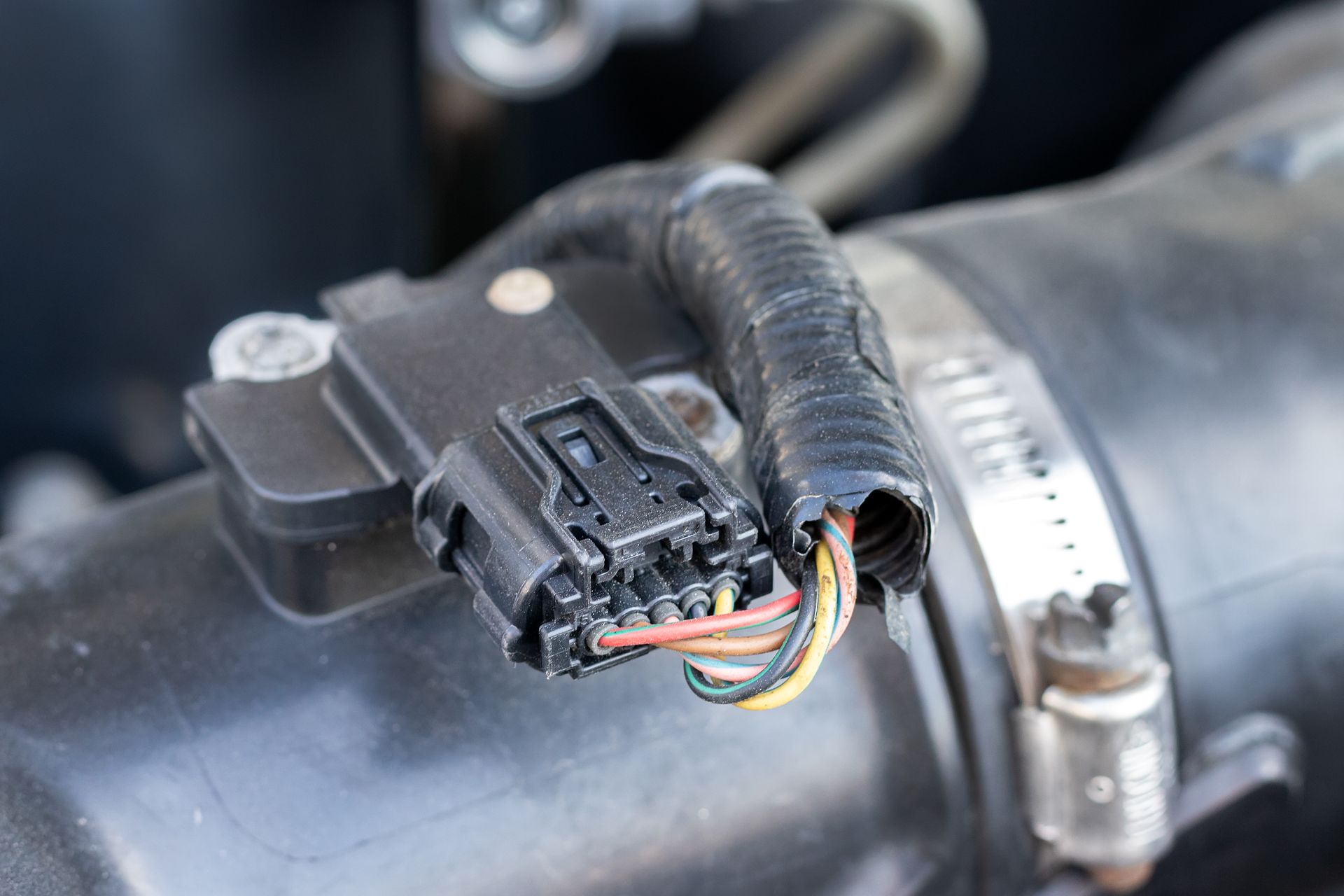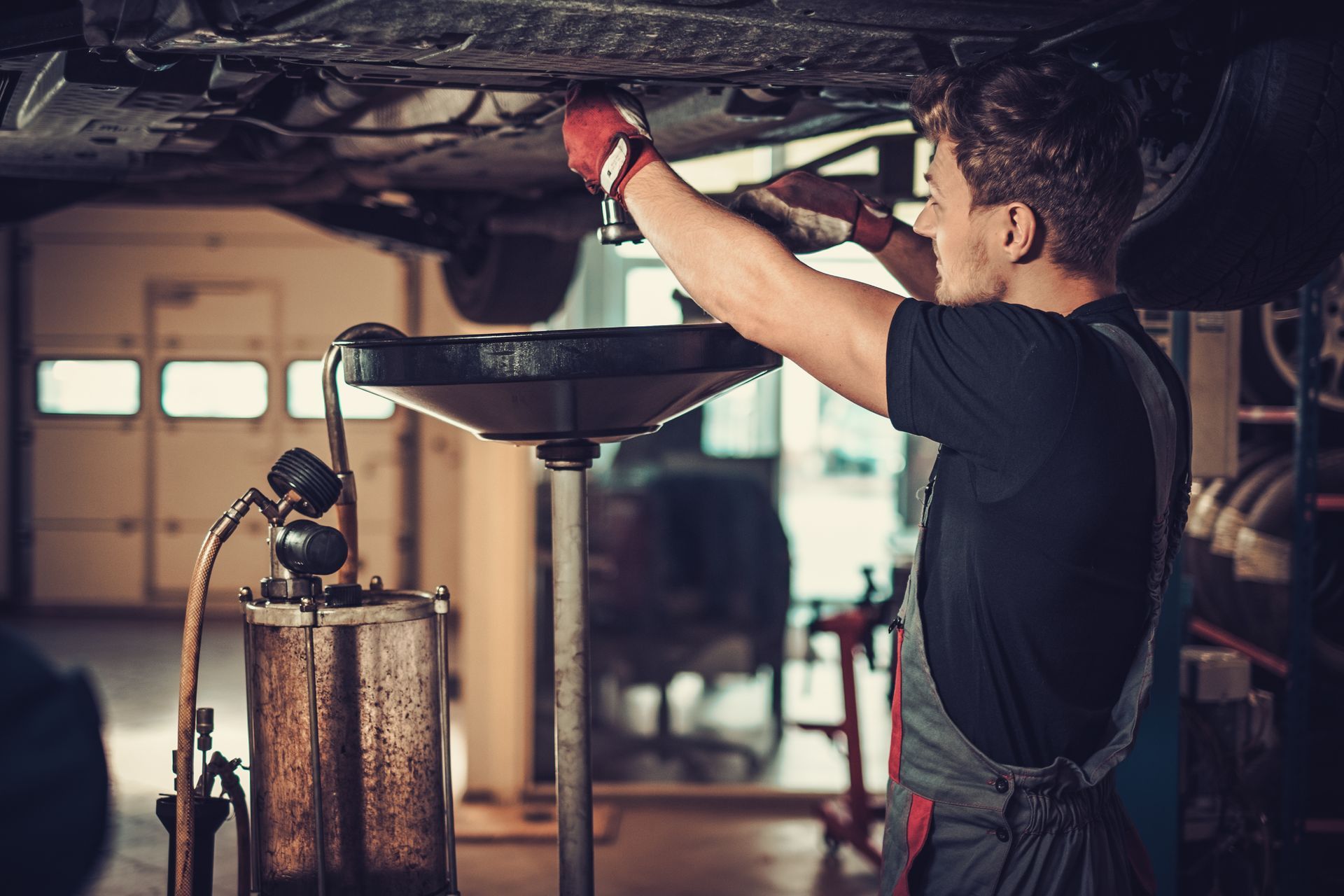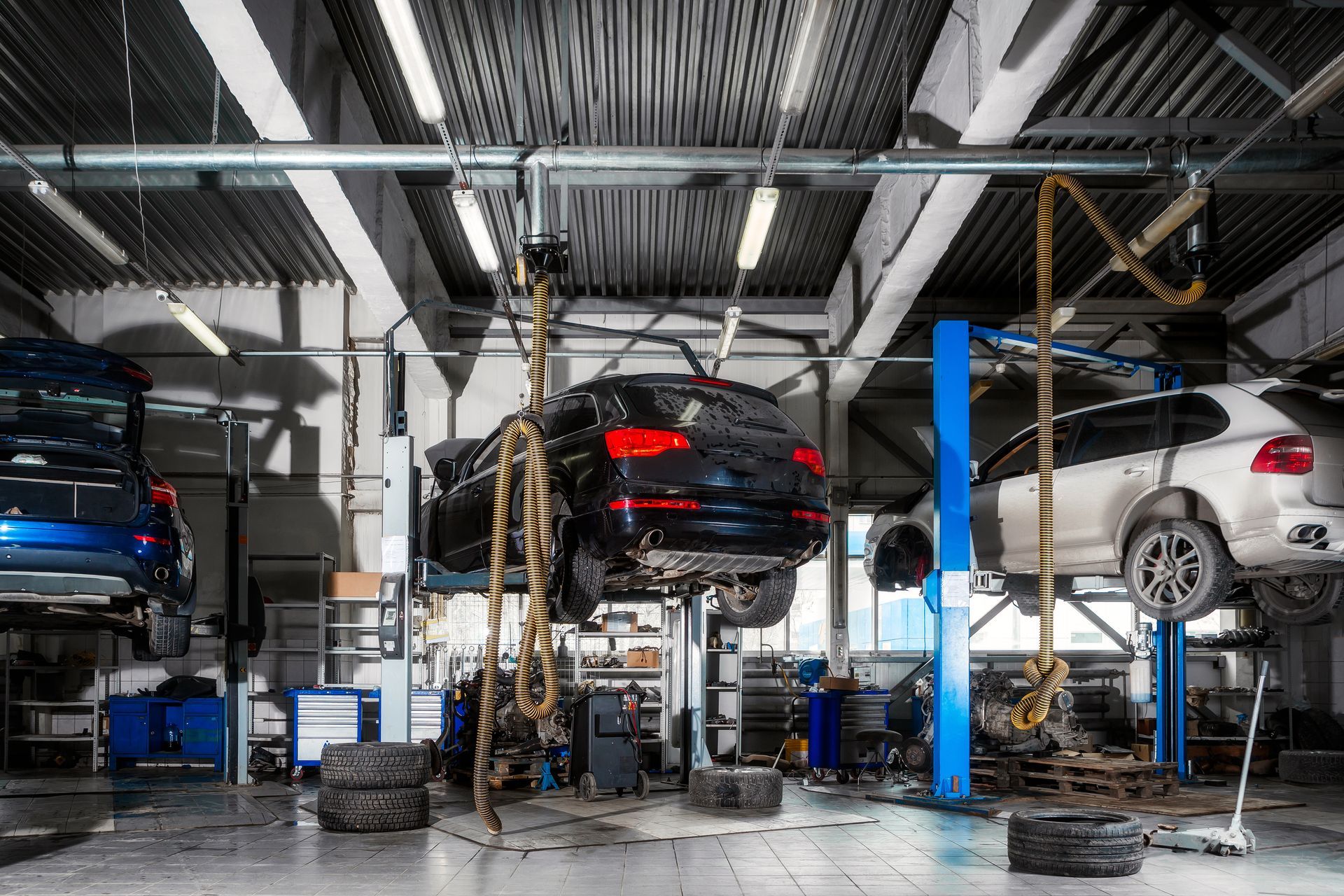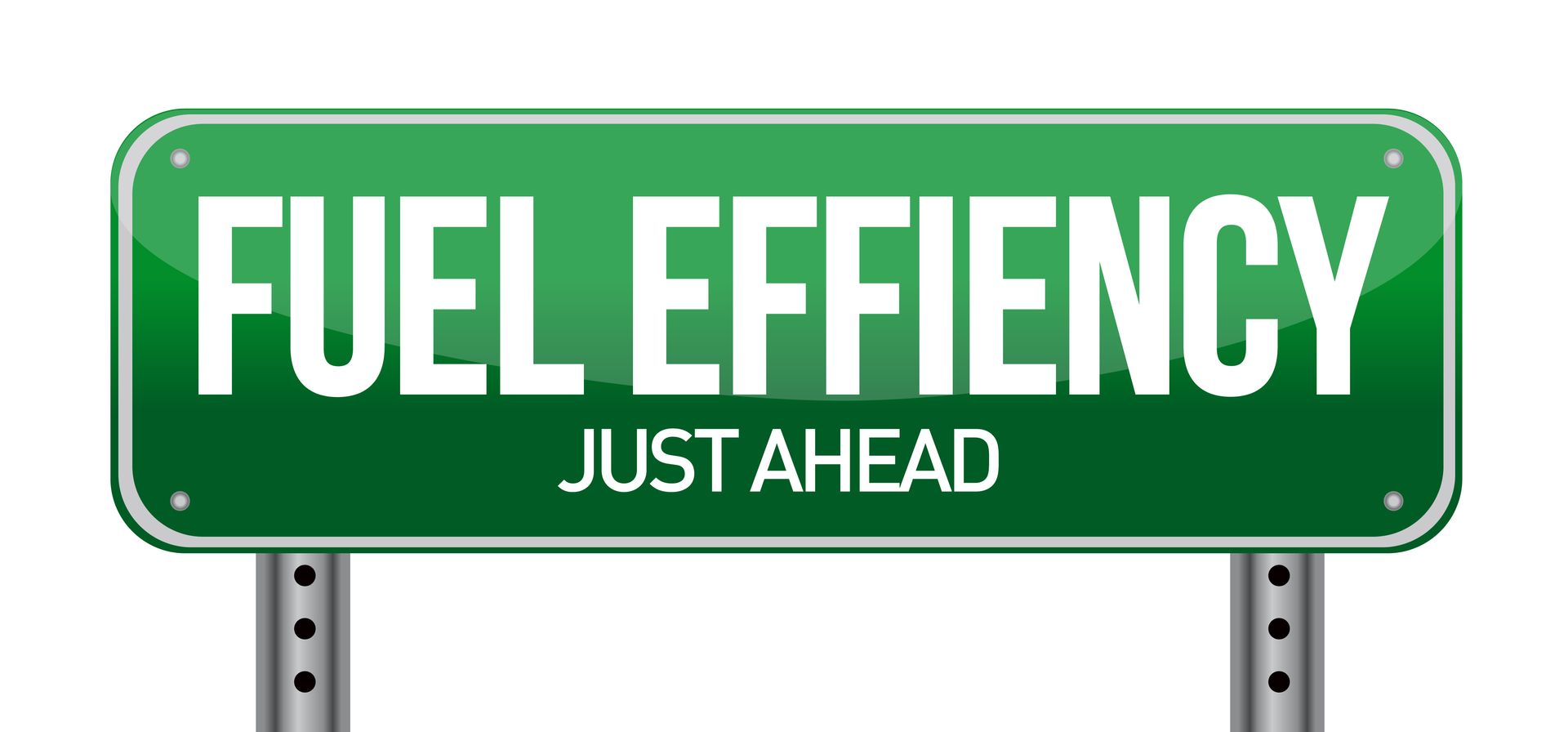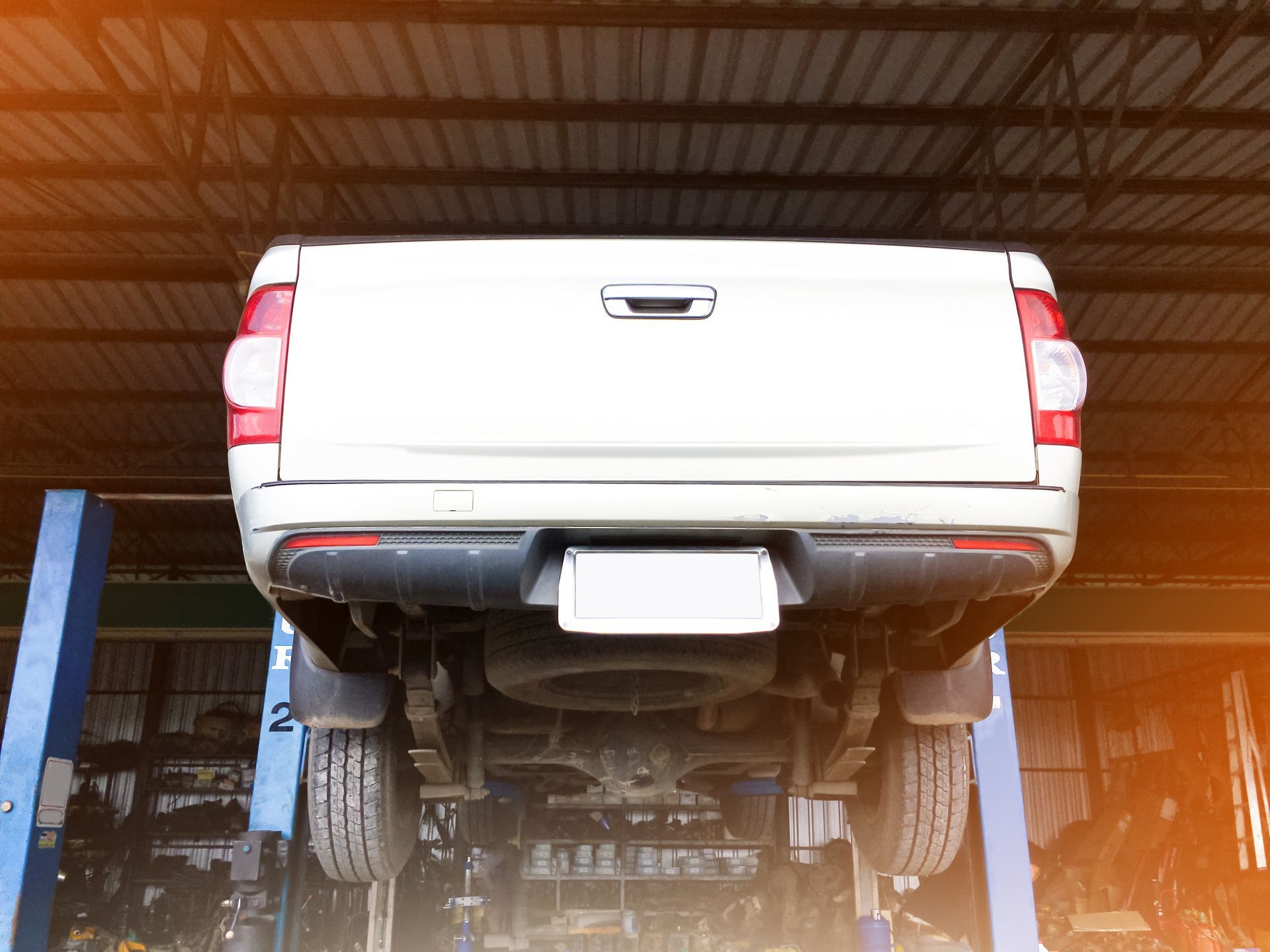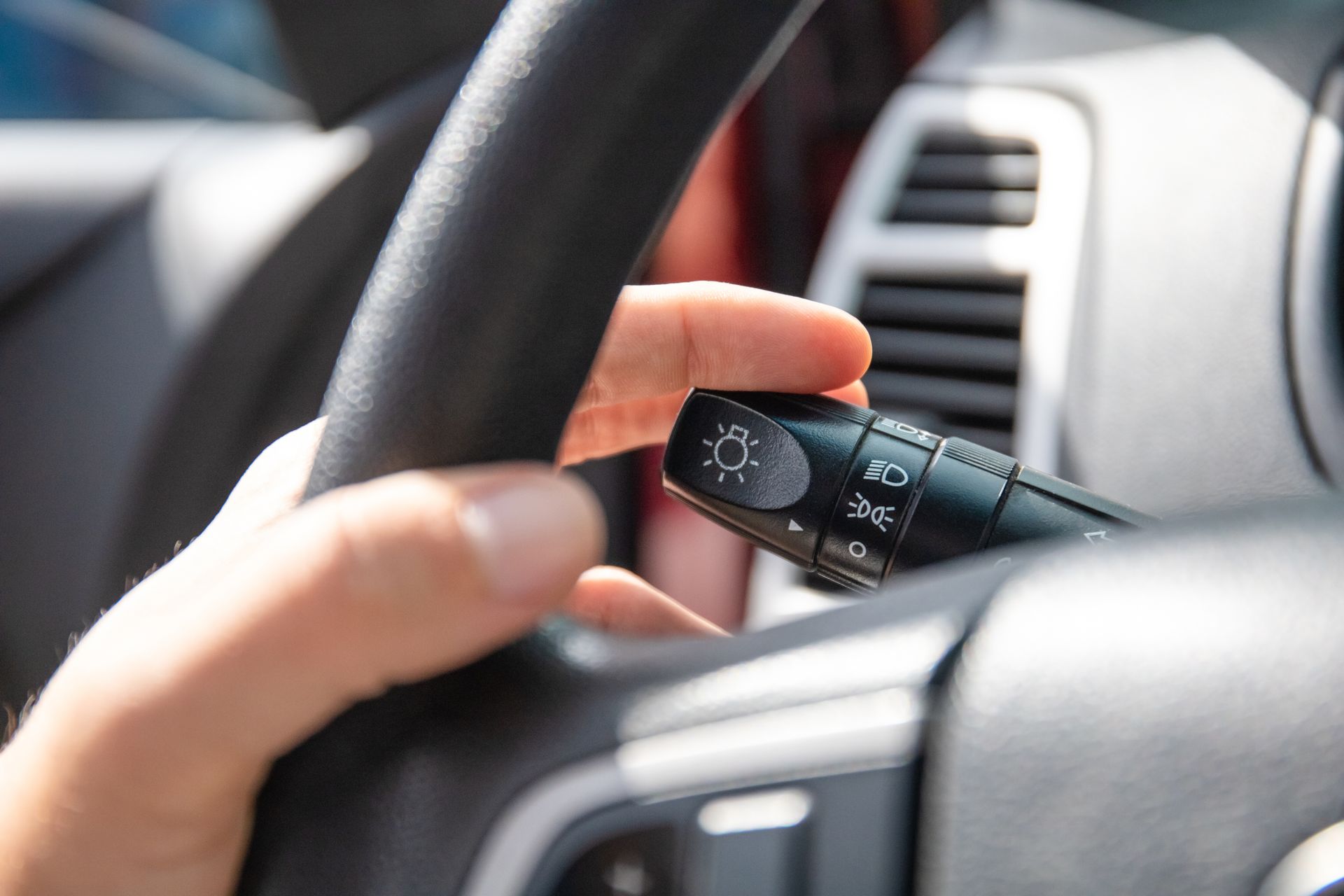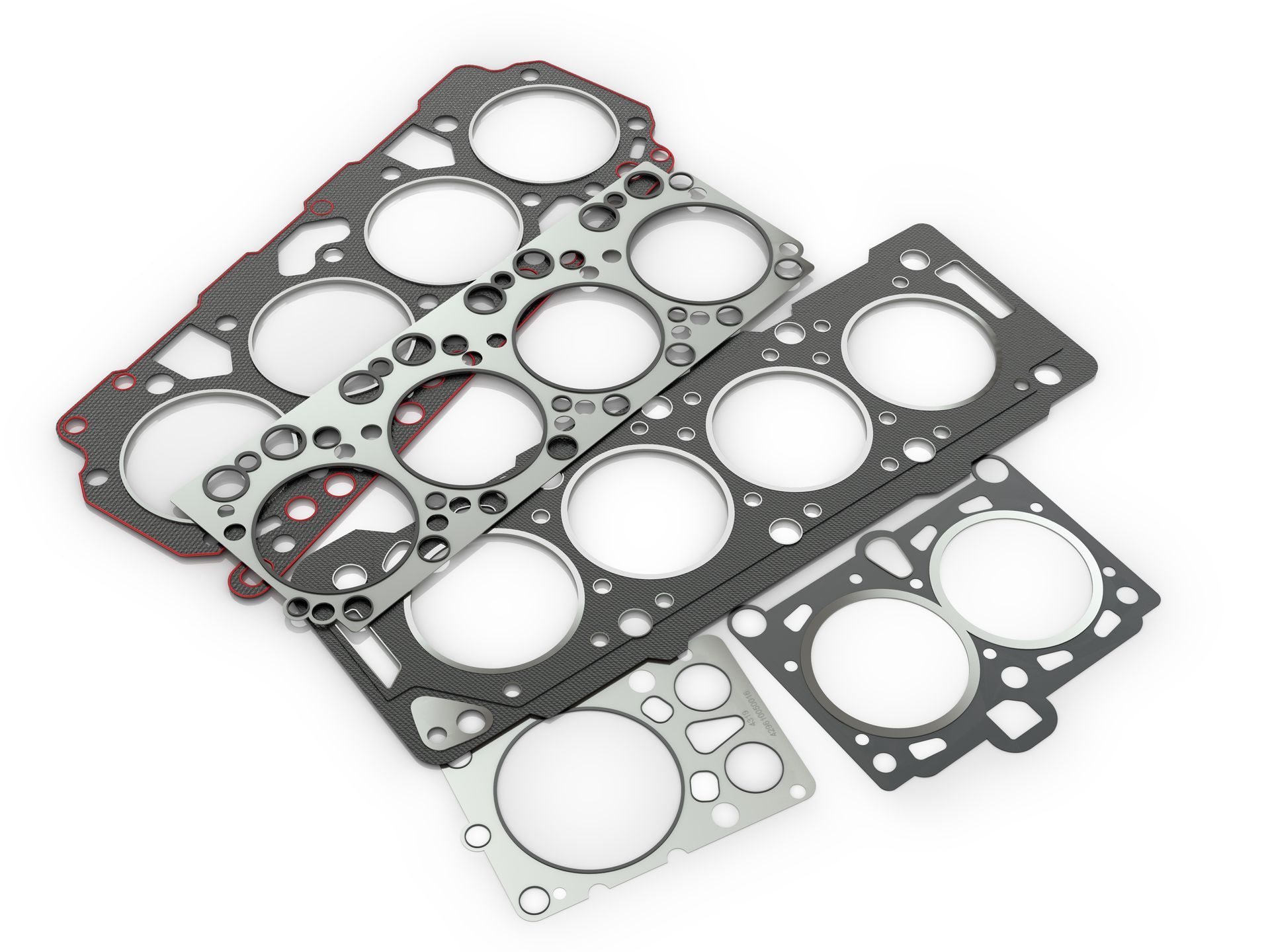Celebrating 35 Years of Serving LA Drivers!
Loading ...
Missing business hours data / Error occurred while getting the data.
Celebrating 35 Years of Serving LA Drivers!
Loading ...
Missing business hours data / Error occurred while getting the data.
What Are Carburetors and When to Replace Them
December 20, 2024
Carburetors are often an overlooked yet essential component in many older vehicles, playing a crucial role in the engine’s performance. Although fuel injection systems have largely replaced carburetors in modern cars, they are still present in a variety of vehicles, including older models, classic cars, and some small engines. Understanding how a carburetor works and when it may need to be replaced can save you time, money, and frustration. Here’s a closer look at carburetors, their function, and how to know when it’s time for a replacement.
What is a Carburetor?
A carburetor is a device in an internal combustion engine that blends air and fuel in the correct ratio before it enters the engine for combustion. It is an integral part of the fuel system in older vehicles and some smaller engines, including motorcycles, lawnmowers, and snowmobiles. The carburetor regulates the flow of air and fuel to ensure the engine receives the optimal mixture for combustion. This mixture is crucial for the engine to run smoothly and efficiently.
While carburetors were once a common feature in cars, they are now largely replaced by fuel injection systems, which provide better fuel efficiency, fewer emissions, and more precise control over the air-fuel mixture. Despite their decline in use, carburetors remain important in many classic cars and older vehicles, which is why it's essential to understand their role.
How Does a Carburetor Work?
At the heart of a carburetor is a small venturi tube, which speeds up the air passing through it to create a vacuum. This vacuum draws fuel from the fuel bowl into the air stream, mixing it with air before sending it to the engine. The carburetor's choke controls the amount of air entering the engine, especially during cold starts, while the throttle valve regulates the flow of air and fuel based on the driver’s acceleration needs.
The carburetor must ensure that the right amount of fuel and air is mixed together for efficient combustion. If the mixture is too rich (too much fuel), the engine may run rough and produce excessive emissions. If the mixture is too lean (too little fuel), the engine may sputter, overheat, or even stall.
Signs That Your Carburetor Needs Replacing
A malfunctioning carburetor can significantly impact the performance of your vehicle. If you notice any of the following signs, it could be time to have your carburetor inspected or replaced:
Poor Engine Performance
One of the most noticeable signs of a bad carburetor is reduced engine performance. If your engine is misfiring, hesitating, or stalling, it could be due to an improperly functioning carburetor that is not providing the right air-fuel mixture. You may also notice a decrease in acceleration or poor engine responsiveness.
Difficulty Starting the Vehicle
A faulty carburetor can cause your engine to have trouble starting, especially when the vehicle is cold. If you have to pump the accelerator or wait longer than usual for your car to start, this could indicate a carburetor issue.
Fuel Leaks
If you notice a strong smell of gasoline or see fuel leaking from the carburetor, it could be due to a crack or damage to the carburetor housing. Leaking fuel can be dangerous, and immediate attention is required to prevent fire hazards and further damage to the engine.
Black Smoke from the Exhaust
Black smoke coming from your car’s exhaust indicates that the engine is burning too much fuel, often due to a clogged or malfunctioning carburetor. This excess fuel can create an imbalance in the air-fuel mixture, causing inefficient combustion and carbon buildup.
Reduced Fuel Efficiency
A carburetor that is not working correctly may cause your engine to consume more fuel than necessary. This can lead to a noticeable drop in fuel efficiency, which can be costly over time.
Engine Overheating
If the carburetor fails to properly mix fuel and air, the engine can overheat, leading to further engine damage. Overheating can cause the engine to misfire, stall, or fail to start at all.
When to Replace Your Carburetor
Replacing a carburetor is often necessary when it is beyond repair or when it becomes too clogged or damaged to function properly. While some minor carburetor issues, like dirt or gunk buildup, can be cleaned, other problems, such as cracks in the housing, worn-out components, or severe leaks, often require a full replacement.
If your carburetor is showing any of the symptoms mentioned above and repairs are no longer effective, it may be time for a replacement. It’s essential to have your carburetor inspected by a professional mechanic to assess whether repairs are possible or if a replacement is necessary.
If you’re experiencing issues with your carburetor or suspect it might need replacing, our team of skilled mechanics at One Stop Auto Care in Los Angeles, CA is here to help. Contact us today to schedule a comprehensive inspection or carburetor replacement and ensure your vehicle is ready for the road ahead!
Loading ...
Missing business hours data / Error occurred while getting the data.
Having Trouble Finding Us?
One Stop Auto Care, 4695 Eagle Rock Boulevard, Los Angeles, CA 90041 (323) 257-5876


